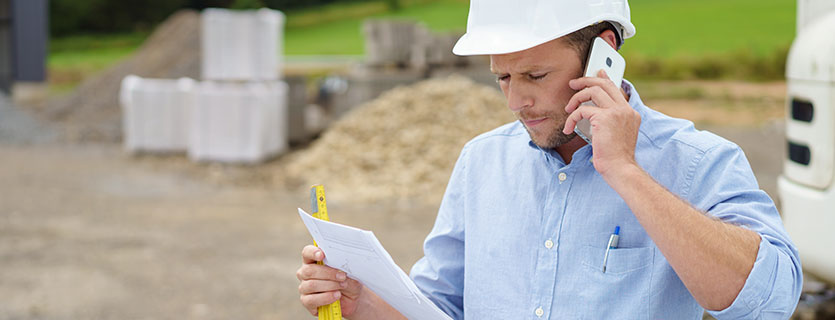Technology has transformed our lives in countless ways, and now it is revolutionizing the way we live in our homes. The concept of smart homes, equipped with intelligent devices and automated systems, is gaining rapid popularity in residential construction. From enhanced comfort and convenience to increased energy efficiency and security, smart homes offer an array of benefits for homeowners. In this blog, the builders provide insight on the rise of smart homes and the integration of technology into residential construction.
What are Smart Homes?
Smart homes are residences equipped with interconnected devices and systems that can be controlled and automated through a central hub or smartphone app. These devices communicate with each other via the Internet of Things (IoT), allowing homeowners to manage various aspects of their homes remotely. Smart homes feature a wide range of technologies, including smart thermostats, lighting systems, security systems, appliances, entertainment systems, and more.
Enhanced Comfort and Convenience:
One of the primary advantages of smart homes is the enhanced comfort and convenience they provide. With a few taps on a smartphone or through voice commands to virtual assistants, homeowners can control lighting, temperature, music, and even appliances. Automated systems can adjust lighting levels and temperature settings based on occupants’ preferences or time of day. Remote access to home systems allows homeowners to monitor and manage their homes from anywhere, providing peace of mind and convenience.
Energy Efficiency and Sustainability:
Smart homes offer significant opportunities for energy efficiency and sustainability. Smart thermostats can learn homeowners’ preferences and adjust temperature settings to optimize energy consumption. Lighting systems can be programmed to turn on and off automatically, saving energy. Energy monitoring systems provide real-time data on energy usage, enabling homeowners to make informed decisions about their consumption patterns. With smart home technology, homeowners can reduce their carbon footprint and contribute to a more sustainable future.
Improved Home Security:
Home security is a top priority for homeowners, and smart home technology offers advanced security features. Smart security systems include features like video doorbells, motion sensors, surveillance cameras, and smart locks that can be controlled remotely. Homeowners can monitor their homes in real-time, receive notifications of any suspicious activity, and even grant access to visitors remotely. These features enhance home security, giving homeowners peace of mind and an increased sense of control over their properties.
Integration with Voice Assistants and Smart Speakers:
Voice assistants and smart speakers have become ubiquitous in many households. Smart homes seamlessly integrate with these devices, allowing homeowners to control various functions through voice commands. From adjusting lighting and playing music to setting reminders and answering queries, voice assistants add an extra layer of convenience and accessibility to smart home functionalities.
Future-Proofing and Home Value:
Integrating smart home technology during residential construction offers long-term benefits. By building a smart home from the ground up, homeowners future-proof their properties, ensuring they can take advantage of emerging technologies and advancements. Moreover, smart homes often command higher resale values in the real estate market. Potential buyers are increasingly interested in homes with smart features, recognizing the added comfort, convenience, and energy efficiency they offer.
Conclusion:
The rise of smart homes is transforming the way we live and interact with our residential spaces. With enhanced comfort, convenience, energy efficiency, and security, these homes are becoming the new standard in residential construction. Homeowners are increasingly drawn to the benefits that smart home technology provides. By integrating technology into residential construction, the builders and developers can create innovative homes that meet the evolving needs and expectations of homeowners in the digital age. As technology continues to advance, smart homes will play an even more significant role in shaping the future of residential living. Check out The Builders Association’s membership directory to find local contractors that help transform your space into a smart home.



